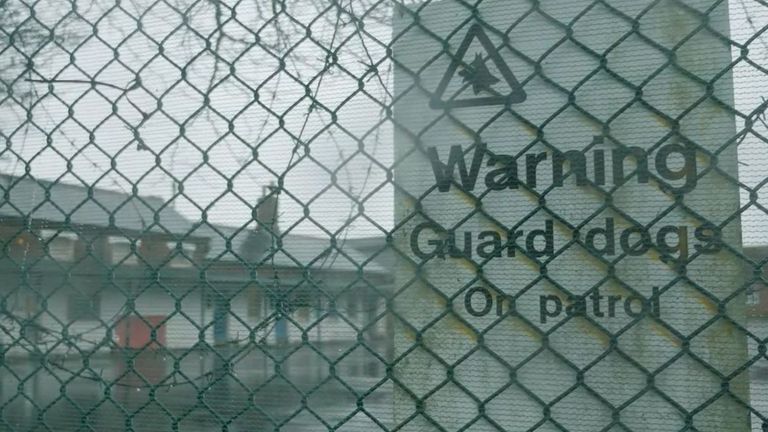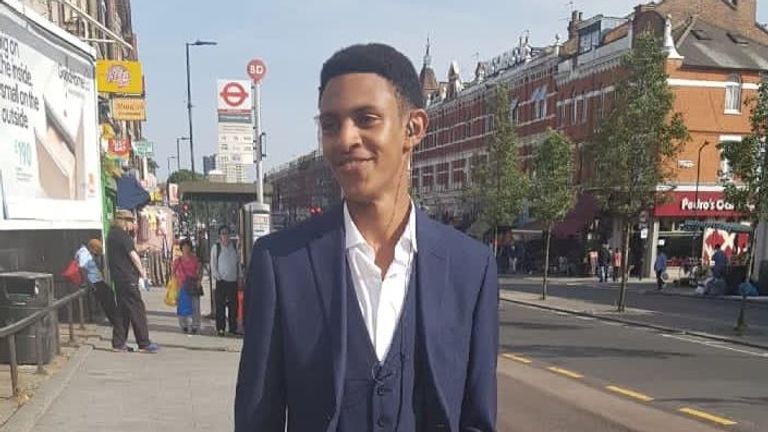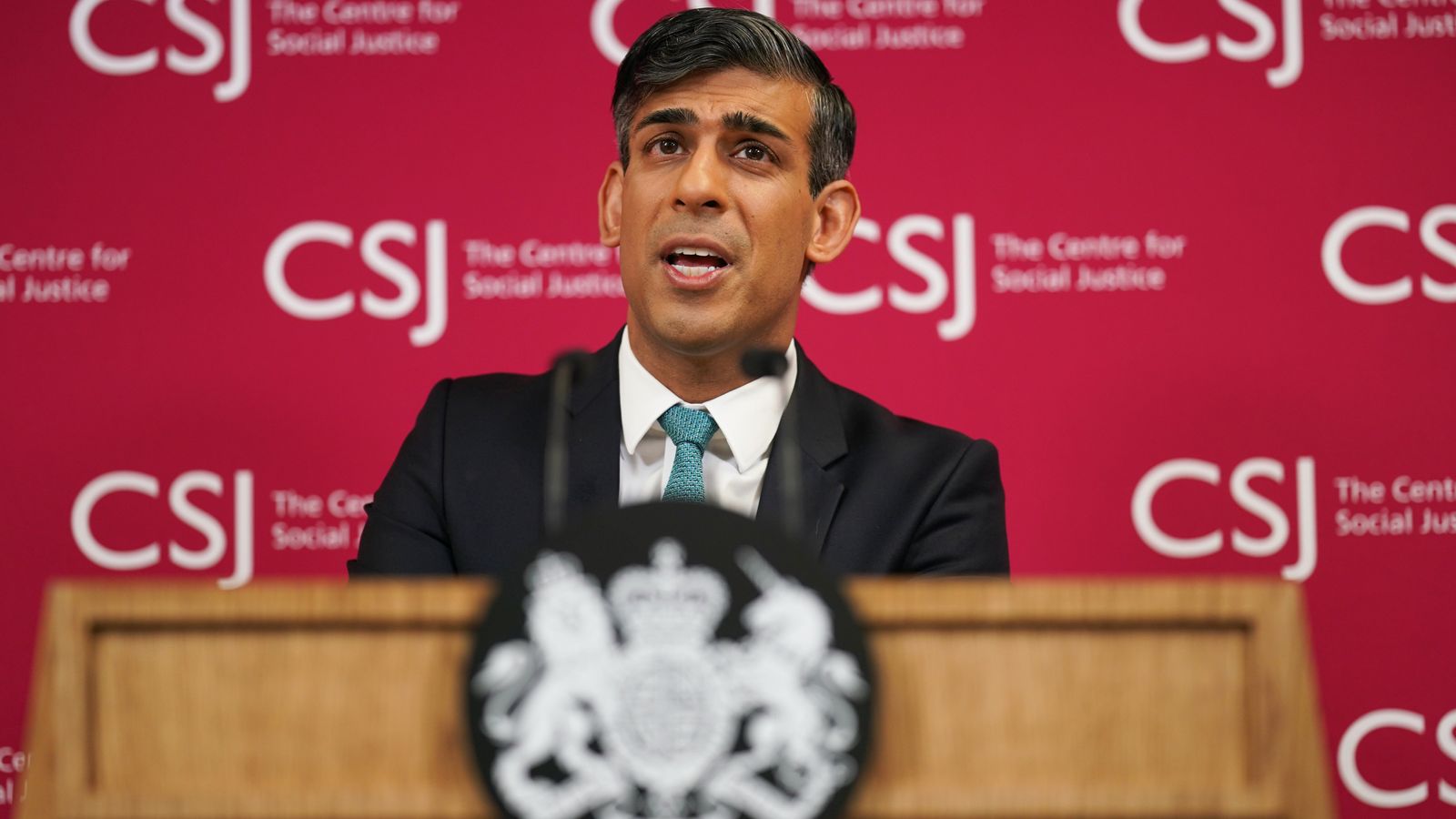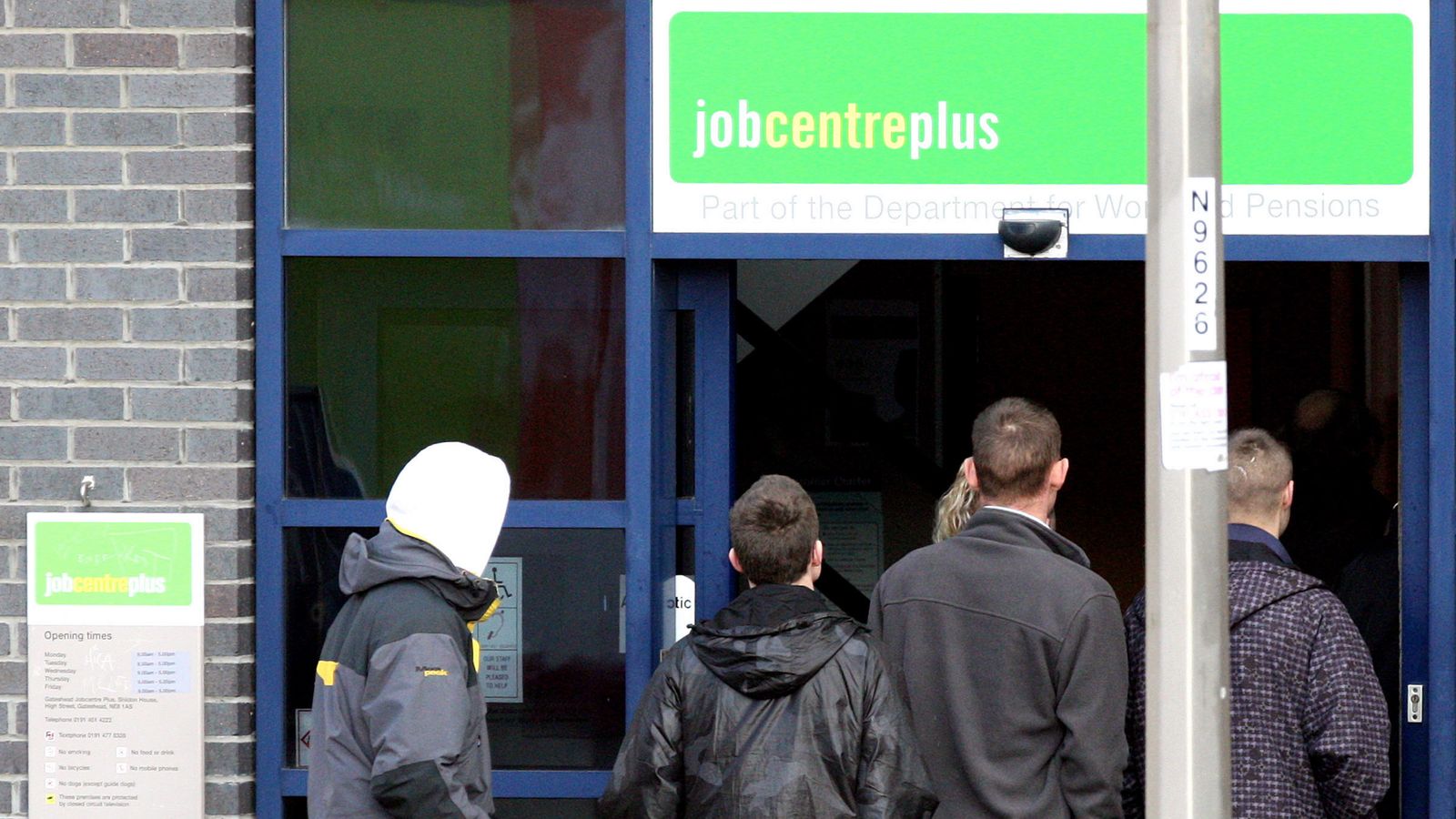Refugees arriving in the UK will be given the right to remain permanently, under a new system the home secretary has described as “fair but firm”.
Priti Patel will announce that those fleeing war or persecution who come through the “safe and legal resettlement route” will be given indefinite leave to remain.
Currently, resettled refugees are allowed to stay in the UK for five years, after which they can apply for indefinite leave to remain.
This is aimed at giving refugees the stability they need to rebuild their lives in the UK.
Priority will be given to refugees, including children, in regions of conflict and instability, the Home Office said, rather than those who are “already in safe European countries”.
The plan will also include:
- Those refused asylum will be moved through a fast-tracked appeals process aimed at giving people access to justice while minimising the time spent on “meritless claims and appeals”
- Judges will be told to give “minimal weight” to evidence raised by an asylum seeker later in the process unless there are exceptional circumstances – a higher standard of proof will be needed
- Border Force will be given new powers to search containers coming into the UK
- Displaced families will be reunited more easily, with a review of the family reunion routes available to refugees
- Foreign criminals will not be able to “frustrate the removals process” by lodging “endless claims for protection”
- People smugglers who facilitate entry to the UK will face life behind bars and the sentence for those illegally entering the UK will also be increased
Ms Patel said: “Our New Plan For Immigration will make big changes, building a new system that is fair but firm. We will continue to encourage asylum via safe and legal routes whilst at the same time toughening our stance towards illegal entry and the criminals that endanger life by enabling it.
“Not all of these reforms will happen overnight, so in order to save lives we will need to stick to the course and see this New Plan For Immigration through.”
It comes after it was revealed that the home secretary was also considering sending asylum seekers to Gibraltar and the Isle Of Man while their applications are processed.
Prime Minister Boris Johnson defended the idea as a “humanitarian one” but leaders in both territories said they had not been contacted by the UK government and that the plans are unlikely to go ahead.
Mr Johnson said: “Because people are crossing the Channel who are being fooled, who are being conned, by gangsters, into paying huge sums of money, risking their lives.
“People have died trying to make this crossing and it is a deeply repugnant traffic that we need to stop, and that’s why the Home Secretary has set out the tough series of proposals that you have seen.
“The objective is a humanitarian one and a humane one, which is to stop the abuse of these people by a bunch of traffickers and gangsters.”
The Daily Mail reported that Turkey was also being considered.
The offshore processing policy is similar to that used by the Australian government, where asylum seekers are kept on the island of Nauru or Papua New Guinea while their applications are considered, sometimes for years.
Australia’s policy has been widely criticised by human rights groups.















